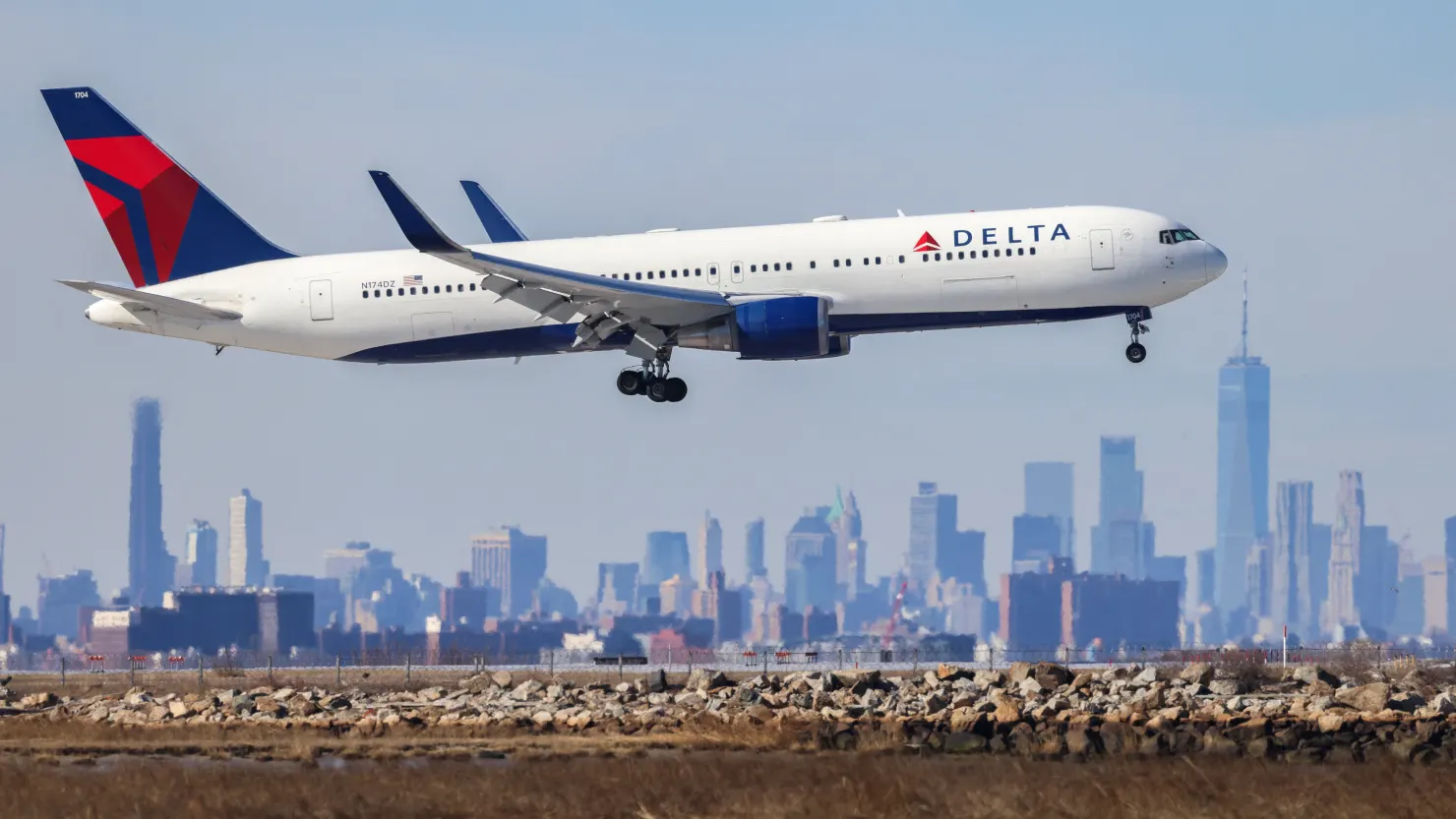United Airlines is keen to knock off the top position currently held by Delta Air Lines, the world’s most profitable airline. It has outlined strategies for doing this through strategic route expansion, improvement in customer experience, and investment in fuel-efficient aircraft. In an industry looking to rebound from pandemic-induced disruptions, United’s plan may significantly alter the playing field for major U.S. carriers.
It expanded routes to cover key markets
Route expansion is one of the key strategies that United has focused on and is directed towards high-demand international markets as well as underserved domestic routes. United introduced transatlantic and transpacific travel recently, building on a strong recovery, and has strengthened its foothold in such locations. This will further support both leisure and business traveler flows that United may garner from Delta’s once-unrivaled dominance of sectors like Europe and Latin America.
“We’re building a network that meets demand and captures growth in key markets worldwide,” a United spokesperson said. “Our goal is to connect more people to more destinations than any other airline.”
Focusing on Premium Customer Experience
Apart from route expansion, United has also relied on passenger experience as a source of differentiation. For that, United renovated much of its fleet to enhance interior comfort and introduce more premium seating options and amenities aboard. Its business-class offering, United Polaris, has been updated to target long-haul passengers through lie-flat seats and meal options, making it challenge Delta’s premium offerings.
United would focus on enhancing passenger loyalty and increasing the number of premium-paying passengers, more especially for long-haul routes. Premium service remains a main attraction for those routes. United will make customer comfort a priority in order to provide a unique experience for its customers. Delta has been a competitor to United in terms of customer satisfaction over the years, and the renewed focus of United would indicate a concentrated effort on the part of United to challenge Delta’s supremacy in the premium market.
Investments in a Fuel-Efficient Fleet and Technology
United is investing in the future generation of fuel-saving fleets to save operations costs and realize the aim of environmental factors. Last week, it unveiled the purchase of modern next generation aircraft, which were said to be more effective in burning fuel and having the bottom line of cutting cost expenses over time. It hoped to save through lowering fuel costs but to see an increase in profits amidst the growing interest in environmentally concerned travel.
With the ever-increasing fuel costs, fleet efficiency forms an integral part of United’s long-term strategy.
“A modern fleet gives us a competitive edge, enabling us to offer affordable fares while maintaining profitability,” United’s CEO explained.
Leveraging Loyalty Programs and Partnerships
United is strengthening its loyalty program, MileagePlus, and enhancing partnerships with other global carriers to expand its network reach. The airline’s membership in the Star Alliance network allows it to offer more connecting flights through partner airlines, capturing passengers who value seamless travel. Additionally, United has introduced new benefits and tier upgrades to encourage repeat travel, positioning MileagePlus as a rival to Delta’s popular SkyMiles program.
United’s partnership strategy is aimed at boosting revenue from corporate travel, which remains a profitable sector post-pandemic. By offering a more comprehensive network through Star Alliance, United seeks to attract companies looking for flexibility and convenience, further narrowing the profitability gap with Delta.
Facing the Challenges Ahead
While United’s aggressive approach could position it as a formidable competitor, challenges remain. Rising operational costs, intense competition, and fluctuating demand for air travel could affect its trajectory. Additionally, Delta’s long-standing reputation for reliability and customer satisfaction poses a formidable barrier.
Industry analysts caution that United’s path to profitability dominance requires sustained improvement in service quality and efficient cost management. “United’s strategy is ambitious, but overtaking Delta will require consistent performance in every area, from service to operational efficiency,” noted one aviation expert.
Looking Forward
As United Airlines works toward becoming the world’s most profitable airline, its strategies of expansion, premium upgrades, and cost management indicate a bold vision for growth. Whether it can surpass Delta remains uncertain, but United’s plans signal an era of heightened competition within the airline industry, with passengers ultimately benefitting from increased choices and services.




